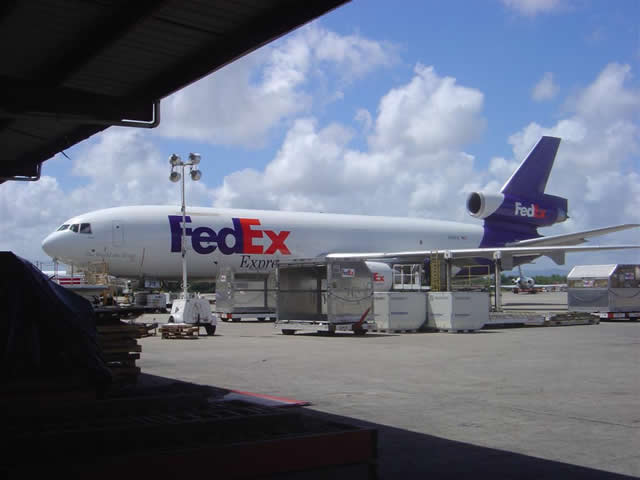Congress’s Unrealistic Demands on Air Cargo Security Continue
Jessica Zuckerman /
Congress is at it again. Earlier this month, Representatives Bennie Thompson (D–MS), Edward Markey (D–MA), and Sheila Jackson Lee (D–TX), sent a letter to the Transportation Security Administration (TSA) demanding to know how the agency planned to meet the congressional mandate requiring the 100 percent screening of air cargo. This letter came just days after the TSA announced it did not plan to meet the December 31 deadline for the screening of all international U.S.-bound cargo.
In 2007, Congress passed the Implementing 9/11 Commission Recommendation Act. The bill included a blanket requirement for the TSA to screen all air cargo carried on U.S.-bound passenger planes by August 2010. Despite the fact that the mandate offered little added security at a very high cost, the TSA, in partnership with the air cargo industry, was able to achieve the complete screening of all domestic cargo by the August deadline. International U.S.-bound cargo, however, was a different story.
In a recent hearing, TSA Administrator John Pistole confirmed that his agency is negotiating screening agreements with the 20 countries where 80 percent of U.S.-bound international cargo originates. Yet, as homeland security expert Chris Battle explains, “certain members of Congress continue to demand that the U.S. government, via TSA, somehow force other governments to follow U.S. regulations.”
Rather than making unrealistic and unjustified demands of our international allies, Congress and the Administration should take a risk-based approach to air cargo screening, prioritizing screening based on starting point, declared contents, etc. By prioritizing screening efforts based on manifest information and intelligence, the TSA would be able to focus on potential high-risk threats and best protect the American public.
Ultimately, Representatives Thompson, Markey, and Jackson can insist on 100 percent cargo screening all they want. It won’t change the facts. 100 percent screening will never equate to 100 percent security. It’s time for Congress and the Administration to take a better approach.

